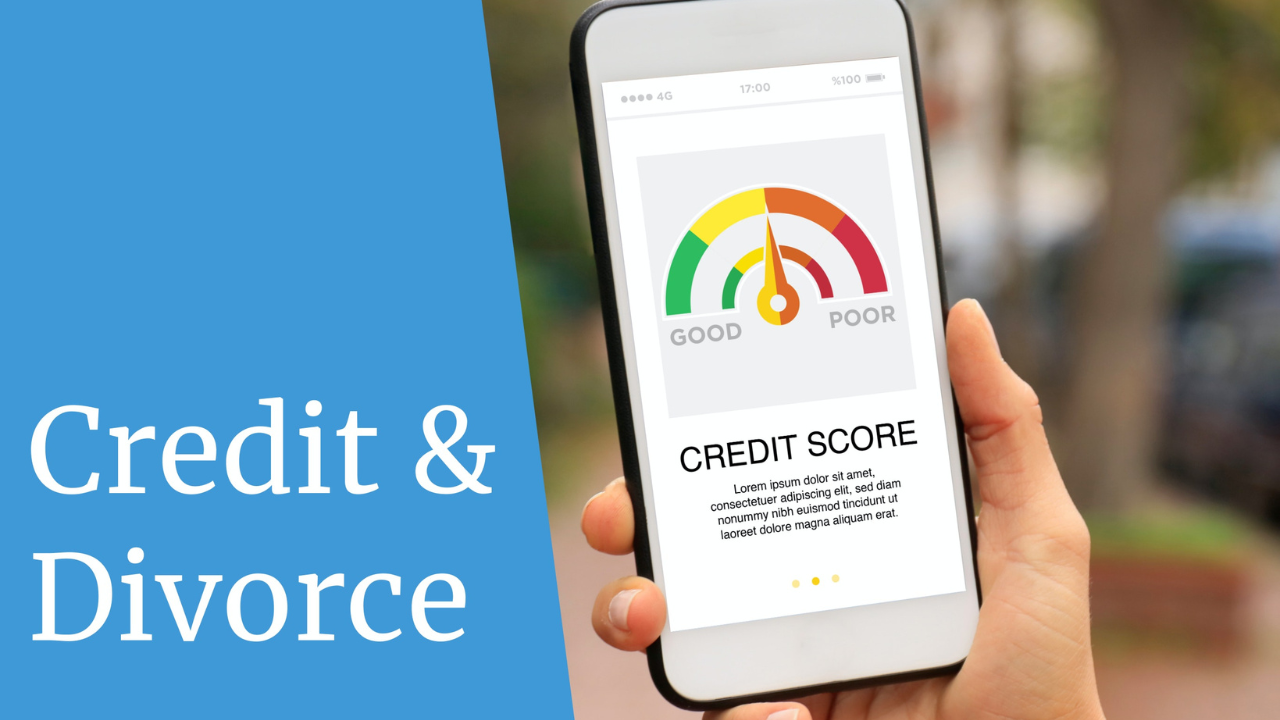Protect Your Finances During a Divorce

Assess Your Current Financial Situation:
Gather and Organize Financial Information:
Consult with a Divorce Attorney:

Close Joint Accounts and Establish Individual Accounts:
Seek Financial Advice:
Protect Your Credit:

Conclusion
Protecting your finances during a divorce requires careful planning and proactive measures. By organizing your financial information, seeking legal and financial guidance, and taking steps to separate your finances from your ex-spouse, you can navigate the process with greater confidence and safeguard your long-term financial well-being. Remember, each divorce situation is unique, so consult with professionals who can provide personalized advice based on your specific circumstances.
Note: The link provided is for informational purposes and does not constitute an endorsement of any particular website or organization. It’s recommended to research and consult with professionals specializing in divorce and financial matters for personalized advice and support.





